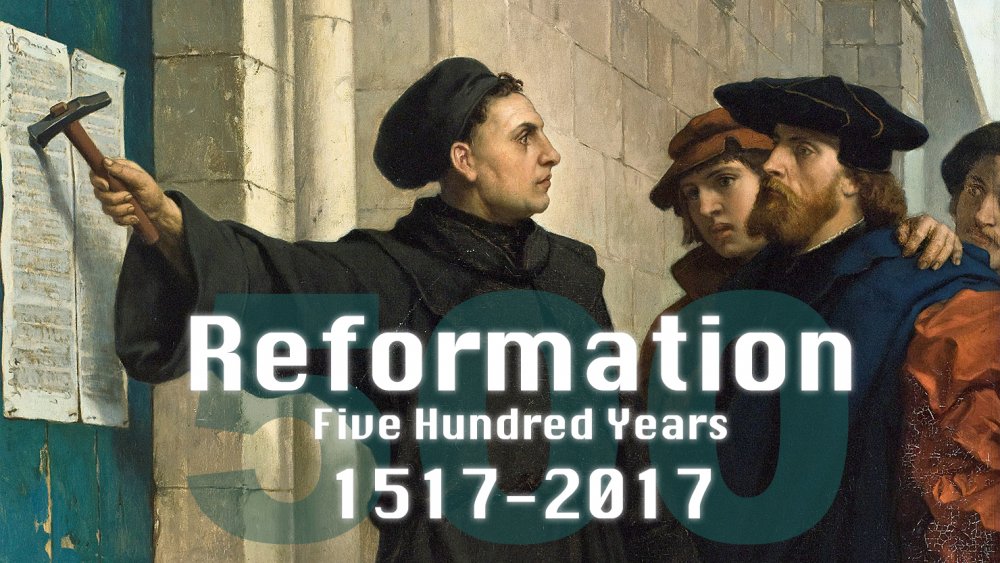October 2017
Reformation

Educator's Convention
Responsive Classroom
Thankfulness
Forward Drive 2017
The focus for Forward Drive 2017 is Psalm 78:4b:
"We will tell the next generation the praiseworthy deeds of the Lord, his power and the wonders he has done."
Watch your mailbox for the full package! Inside the booklet you will find a condensed version of the article below.
If you want to know where a nation like Canada is going, where do you look? At the churches? No! You go to the schools. Schools set the direction of the nation. Abraham Lincoln said one time that the philosophy in the classroom will be the philosophy of the government in the next generation. Instead of having our children captured by the false beliefs of Darwinism and Evolutionism and a host of other isms, we attempt to teach our precious children in the light of the truth of God's Word.
Truth is under attack today. The compilers of the Oxford Dictionary 2016 recognized a new word of the year. The word is post-truth. No wonder. We live in the so-called post-modern era in which everything is relative and there are no absolutes. So, no right and wrong. Ironically, these relativists are most absolute in their positions.
In the context of that kind of society, we educate. We do that under the Lordship of Jesus Christ, Who is the Way, the Truth and the Life. The task of Christian education is to nurture our sons and daughters academically, socially, and practically for living in the kingdom of God. That kingdom is as broad as life itself. It begins in the believers heart through faith in the Lord Jesus Christ and then extends into every nook and cranny of the universe as well as into every area of human activity and relationships. Psalm 78, especially, makes that very clear. It speaks of educating God's people about the past. What God did in the past is amazing and awesome. The author shows how he did that from the time of Moses until the time of David. Asaph, the author, is going to show the deep seated meaning of history.
What our parents told us, we have to tell our children. Consequently, the history of God with His people becomes our teacher. The present younger generation must be taught, so that they can eventually tell their children.
We in 2017, have much more to tell than Asaph did. We know so much more than Moses, the Old Testament mediator and David, the Old Testament king. We know about Bethlehem, Good Friday, Easter, Ascension and Pentecost. We know Jesus Christ, in Whom all things hold together (see Colossians 1:17) and Who will come again a second time.
This Jesus is Lord. We acknowledge that in our families, but also in education, from kindergarten right through university. Nothing is outside of his domain. Humbly, and be it ever so imperfectly, it is this Lord and Master we try to serve. What a challenge! What an immense privilege! What a responsibility! We do it all relying on Him guided by the Holy Spirit.
~Ralph Koops, Supporter, Grand Parent
Thank you so much for support from our community to pull this Drive together! May it be a blessing to the staff, students and all of Woodstock as we work together to bless Woodstock Christian School.





